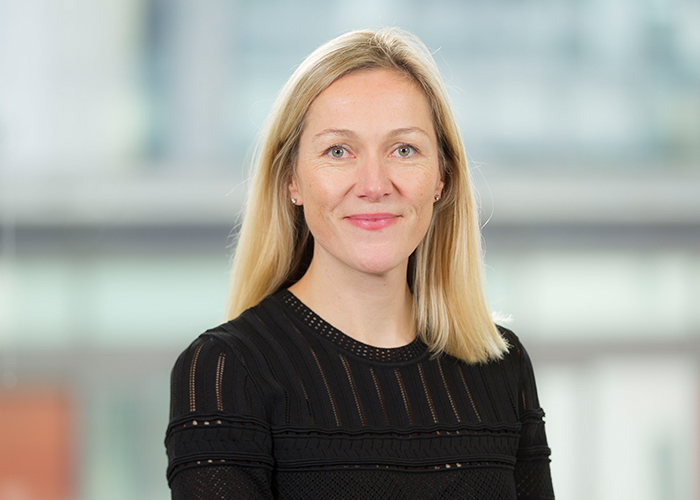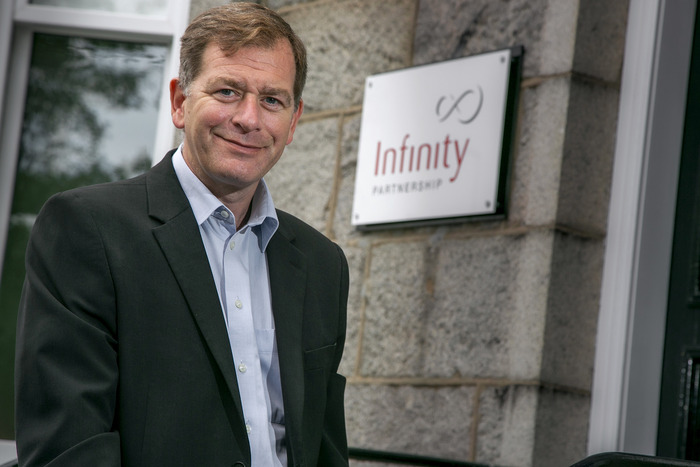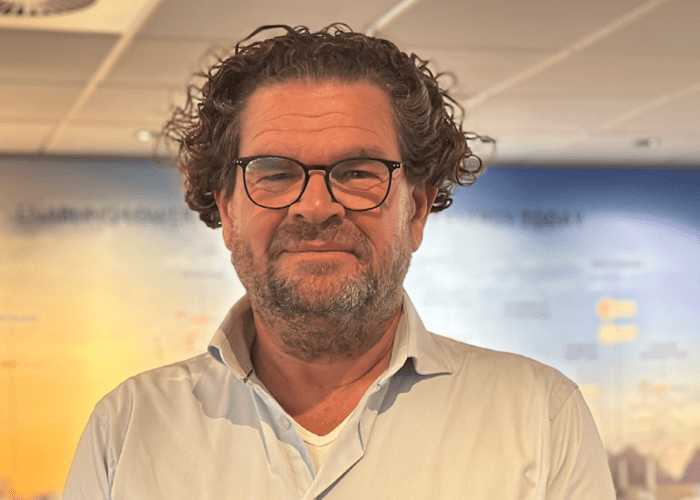THE impact of the covid-19 pandemic on the hotel sector in Scotland’s three largest cities has been revealed in PwC’s UK Hotels Forecast 2020-2021, which shows precipitous declines in all metrics across Edinburgh, Glasgow, and Aberdeen this year.
However, the three cities should begin to recover in 2021 due to increased demand for ‘staycations’ across the UK, outside of London, with Scotland’s largest cities hugely popular with local tourists. The prediction forms part of PwC’s analysis into market conditions for hotels over the next 12 months.
Other cities are expected to fare better than London in 2021, whether a Covid-19 vaccine is developed or not. In addition to a stronger staycation market, unpredictable overseas travel, ongoing restrictions and local lockdowns will further fuel demand for domestic leisure tourism.
As a result of the pandemic’s impact, the cost of an overnight stay in Scotland’s Capital has fallen to £70.36 – representing a reduction of around one-third for guests. With costs falling across the UK, Edinburgh remained the third most expensive city in which to spend the night, behind London and Brighton.
The cancellation of the Edinburgh International Festival Fringe, was a contributing factor in the 63% decline in Revenue per available room (RevPAR), the sharpest fall in any of the 24 UK cities measured. RevPAR – a key metric for the hotel industry – in Edinburgh dropped from £77.37 in July 2019 to £28.32 in July 2020 largely as a result of occupancy halving to 40.3% from 79.8% the previous year.
In Glasgow, RevPAR fell by 54.2% to £24.29 as occupancy dropped to 24.25%. The Average Daily Rate (ADR) for a stay in Glasgow fell 17% to £58.57.
The picture was similar in Aberdeen, where occupancy was 24.25%, down from 55.57% the previous year. Aberdeen, which had been recovering from a regional economic downturn following the 2014 oil price crash, saw RevPAR fall by 33.4% as occupancy dipped to 44.1%. However, this shows that the dip in Aberdeen is not as severe as across the Central Belt, with the Average Daily Rate (ADR) only declining slightly, by 1%, to £54.99.
In the bleakest outlook since benchmarking began in the 1970s, hotel occupancy rates in 2021 are forecast to be 55% across the UK, increasing from 42.2% in the year to July 2020. The study reports that it could take four years to return to pre-pandemic levels.
Much of the ongoing decline will impact London. A slow recovery in corporate international travel and weak demand for business trips, meetings and events means the forecast is particularly bleak for the Uk Capital, where the overall revenue per available room is forecasted to fall significantly in 2020 to £28.72, £100 less than in 2019.
With a vaccine, it is expected to recover to £64.81 in 2021 but in the long-term it’s unlikely that occupancy, ADR (average daily rate) and RevPAR (revenue per available room) will return to 2019 levels until at least 2023.
Claire Reid, Regional Market Leader for PwC in Scotland, commented:
“The hotel sector, like the entire hospitality industry across Scotland, has been more heavily impacted than most by the economic impact of the pandemic, and while the road to recovery is unlikely to be smooth, there are actions that hoteliers, and those who invest in the industry, can take to put themselves on the right path. Through focusing on operations, liquidity and cash, hotels can help mitigate the uncertainty of the market.
“Our cities still have plenty to offer and will appeal to those looking for a ‘staycation’ in 2021 and that will give hotel operators some hope.
“We’ve seen how quickly hotels adapted to our new way of living when they reopened in the summer, and there is a fresh impetus now for digital transformation. A number of hotels have been deploying more contactless technology, digital check-in, and digital room keys, as well as in-room voice devices and digital concierges. This allows fewer touchpoints with workers, but also automates systems and frees up staff time to improve guest experiences.”
Kevin Reynard, Senior Partner for PwC in Aberdeen added:
“Aberdeen has not had to look far for economic challenges in the last decade, and we are all too aware of how patient we have to be through the recovery, having experienced a local lockdown in August.
“The city’s hotels had shown strong signs of recovery last year and I am confident that the sector will recover again as oil & gas activity picks up and the region embraces diverse opportunities in energy transition. Like the rest of the country, we do not expect business travel to return to pre-Covid levels quickly – although Aberdeen has great potential as a hub for tourists looking to explore the north-east of Scotland, especially while international travel becomes increasingly difficult.”





